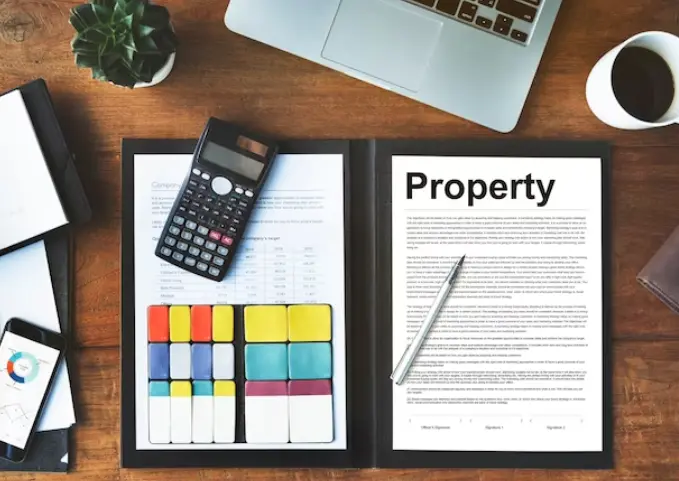

In today's digital age, social media has become an integral part of our lives. It has transformed the way we communicate, share information, and connect with others. However, with the increased use of social media platforms, there has also been a rise in legal issues and challenges related to its usage. This blog post will explore the intersection of law and social media and shed light on some important considerations.
Privacy is a fundamental right, and the use of social media raises concerns about how our personal information is collected, stored, and shared. Social media platforms gather vast amounts of user data, which is then used for targeted advertising and other purposes. However, the misuse or mishandling of personal data can have severe legal consequences.
To address these concerns, many countries have enacted stringent data protection laws, such as the European Union's General Data Protection Regulation (GDPR). These laws provide individuals with more control over their data and require companies to be transparent about how they collect and use personal information.
Another critical aspect of the intersection between law and social media is the protection of intellectual property rights. Photos, videos, music, and other original content are regularly shared on social media platforms. However, uploading or sharing content without proper authorization can violate copyright laws. Infringement of copyright can result in legal actions, including takedown notices, compensation claims, or even criminal charges.
Social media platforms, on the other hand, have a responsibility to moderate the content shared on their platforms. They must comply with the Digital Millennium Copyright Act (DMCA) in the United States, for example, by promptly removing infringing material once notified.
Social media platforms provide individuals with a means to express their opinions and share information freely. However, this freedom can sometimes lead to the spread of false information or defamatory statements. Defamation involves making false statements that harm a person's reputation or character. If someone commits defamation on a social media platform, both the person making the defamatory statement and the platform itself may be held legally responsible.
Platforms can try to mitigate the risk of defamation by implementing content moderation policies and providing users with the option to report offensive or false content. However, it remains a complex challenge to balance freedom of speech with the protection of individuals' reputations.

The usage of social media can also have significant implications for employment law. Employers are increasingly utilizing social media platforms to screen job applicants. While this can provide valuable insights for employers, it also raises concerns about discriminatory practices or invasion of privacy.
Employees' use of social media can also impact their employment status. Inappropriate posts or comments made by employees could lead to disciplinary actions or even termination if they violate company policies or bring harm to the employer's reputation. However, employers must be cautious not to infringe on employees' protected rights, such as freedom of expression, when dealing with social media issues.
The intersection of law and social media raises numerous legal challenges and considerations. From privacy and data protection to intellectual property rights, defamation, and employment law, the impact of social media on our legal system is significant. As technology continues to advance, it is crucial to strike a balance between our rights and freedoms and ensuring legal accountability in the virtual world.
All rights reserved By © Venture Studio Capital. Design By Mr.SDS